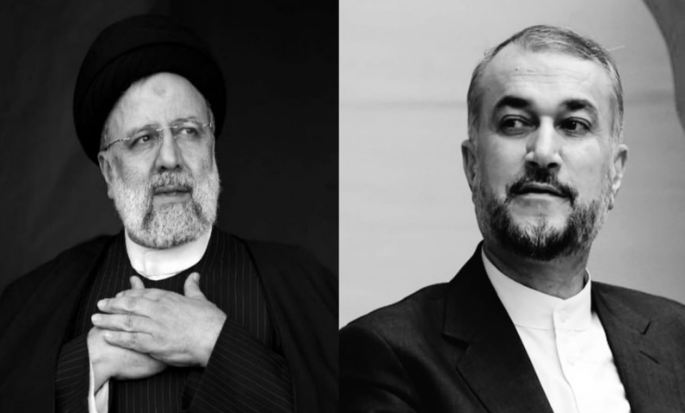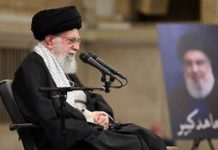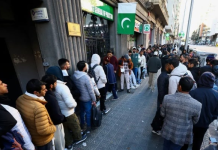Tehran, MAY 21: In the aftermath of the tragic helicopter crash that claimed the life of Iranian President Ebrahim Raisi, Iran’s interim president chaired a high-level meeting to address the nation’s immediate political future.
The meeting, attended by the speaker of the parliament and the head of the judiciary, resulted in critical decisions regarding the upcoming presidential elections.
According to Iranian media, the elections have been scheduled for June 28. The registration period for presidential candidates will run from May 30 to June 2, with the campaign period set to commence on June 12 and conclude on June 27. This expedited timeline is in accordance with the constitutional requirement to hold a new presidential election within 50 days following the president’s death.
Bodies identifiable
In related developments, the head of Iran’s disaster management organization announced that all bodies from the helicopter crash are identifiable. Muhammad Hassan Nami said there was no need for DNA testing to confirm the identities of President Raisi and his associates.
Remarkably, the body of Ayatollah Mohammad Ali Al-Hashem, representative of the Iranian supreme leader to East Azerbaijan, was found in relatively good condition. It was revealed that Ayatollah Al-Hashem was alive for an hour after the crash and managed to call the presidential office to report the incident, providing critical information before succumbing to his injuries.
Memorial reference
As the nation mourns, tributes to President Raisi are being paid in Tehran, with a condolence reference attended by former president Hassan Rouhani, along with political and military leaders. Interim President Mohammad Mokhbar was also present, offering his respects and condolences to the bereaved families and the nation.
This period of mourning and political transition is seen as a crucial time for Iran, as it navigates the challenges posed by internal dissent and international pressures. The quick organization of the presidential elections is intended to stabilize the political landscape and ensure continuity in governance during these turbulent times.

















